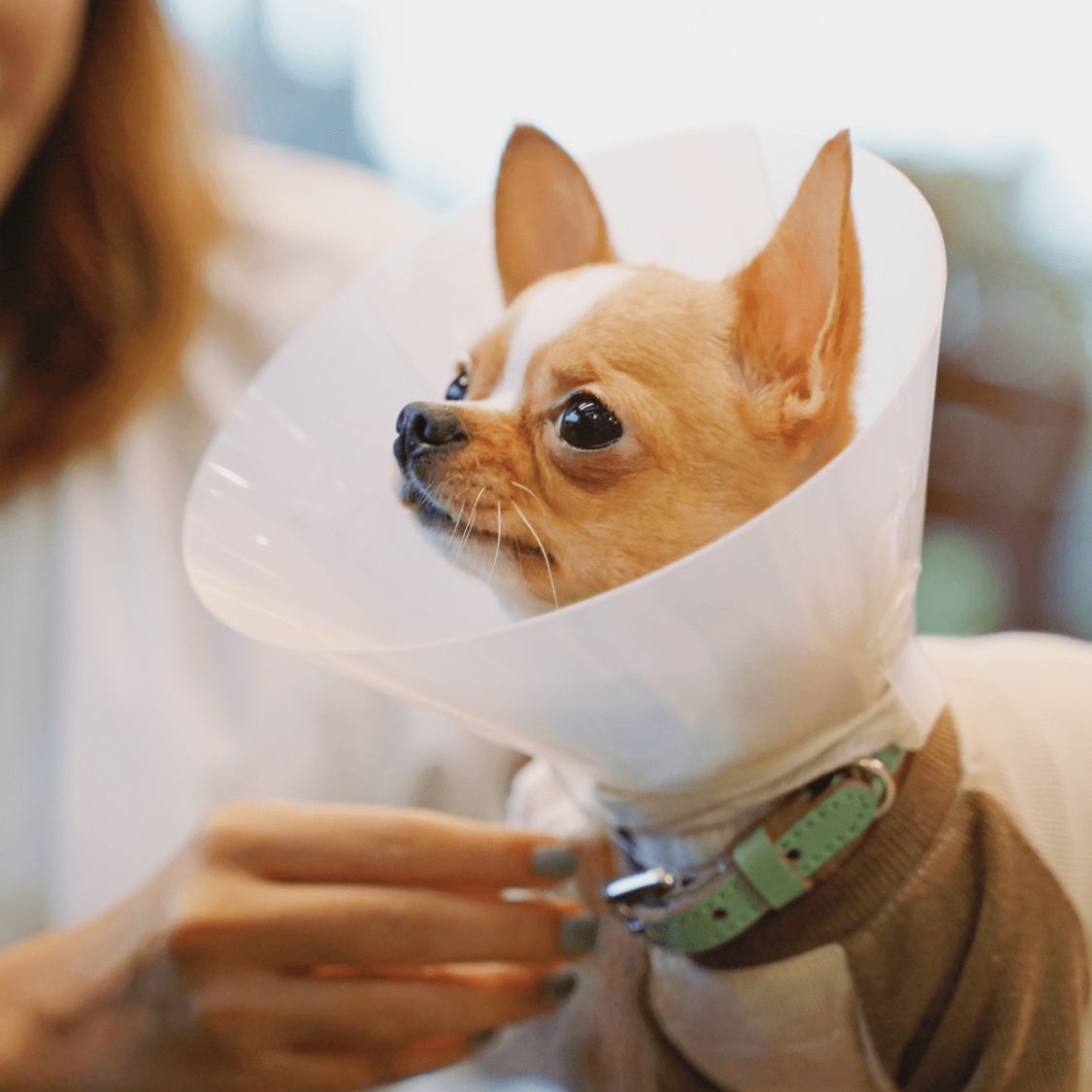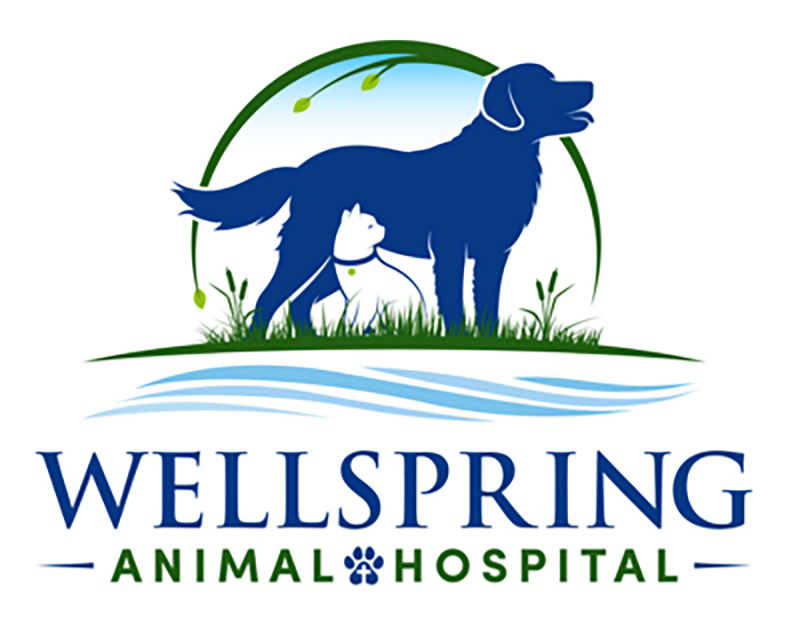Soft Tissue
Surgery
Ensure your pet’s health and well-being with expert soft tissue surgery at Wellspring Animal Hospital, where compassionate care meets advanced surgical techniques.
Expert Pet Soft Tissue Surgery in Wichita, KS
At Wellspring Animal Hospital, our team of skilled veterinarians is committed to providing compassionate and expert care to ensure your pet’s safety and well-being during soft tissue surgery. Whether your pet needs a routine procedure or a more complex surgery, our hospital is equipped with the latest technology and techniques to offer the best possible outcomes.
What Is Soft Tissue Surgery?
Soft tissue surgery refers to any surgical procedure that involves the internal organs, skin, muscles, or other non-bony tissues of the body. Common examples include spays and neuters, tumor removal, and the repair of injuries or abnormalities in the gastrointestinal tract, bladder, or other soft tissues.
Soft tissue surgery also includes repairing hernias, removing foreign objects, and treating wounds. These surgeries are crucial in maintaining and restoring your pet’s health, often requiring precise techniques and careful post-operative care to ensure a smooth recovery.

Surgical Expertise at Wellspring Animal Hospital
We provide many surgeries to address your pet’s diverse health needs, from common procedures to more complex operations. These surgeries include:
- Spay and Neuter: Spaying and neutering are essential preventive surgeries that protect your pet from various health risks and contribute to population control. Our veterinary team performs these procedures with precision and care, ensuring a smooth recovery for your pet.
- Tumor Removal: Early detection and removal of tumors are crucial in managing your pet’s health. Our veterinarians are experienced in safely removing both benign and malignant growths, minimizing the risk of complications and recurrence.
- Gastrointestinal Surgery: Whether your pet has ingested a foreign object or suffers from conditions like intestinal blockages, gastrointestinal surgery may be necessary. Our team is equipped to handle these delicate procedures, ensuring the best possible recovery for your pet.
- Bladder Surgery: Conditions like bladder stones or tumors can cause significant discomfort and health risks for your pet. Surgical intervention may be required to remove these obstructions and restore your pet’s quality of life.
- Cruciate Ligament Repair: Injuries to the cruciate ligament in the knee are common, particularly in active dogs. Surgery to repair this ligament is essential for restoring mobility and preventing further joint damage.
- Wound Repair: Severe wounds, whether from trauma or infection, often require surgical intervention. Our veterinarians are skilled in wound management, ensuring proper healing and minimizing the risk of complications.
When Is Soft Tissue Surgery Necessary?
Soft tissue surgery may be necessary for various reasons, including preventive care, emergencies, and the treatment of chronic conditions. For example, spaying and neutering are preventive surgeries that protect your pet from certain health risks. Emergency surgeries, such as those for gastrointestinal blockages or severe injuries, are critical for saving your pet’s life. Additionally, specialized surgeries, like tumor removal or cruciate ligament repair, are essential for managing specific health conditions and improving your pet’s quality of life.
Recognizing the signs that your pet may need surgery is crucial. Symptoms such as persistent vomiting, difficulty breathing, abnormal lumps, or sudden changes in behavior may indicate an underlying issue that requires surgical intervention. Whether your pet is a cat, dog, or pocket pet, if you notice any of these signs, it’s essential to consult with our veterinary team as soon as possible.
The Importance of Pre-Surgical Care
Before any surgery, a thorough pre-surgical assessment is conducted to evaluate your pet’s overall health and suitability for the procedure. This includes blood tests, imaging, and a physical examination. Pre-surgical care is vital for identifying any underlying conditions that may affect the surgery or recovery process. Our veterinary team will discuss the risks and benefits of the procedure with you, ensuring you are fully informed and comfortable with the plan.
Advanced Monitoring During Surgery
During surgery, your pet’s vital signs are closely monitored by our experienced veterinary team. We use advanced equipment to track blood pressure, heart rate, respiration rate, temperature, and oxygen levels. This continuous monitoring is crucial for detecting any changes in your pet’s condition and allows us to respond promptly to ensure their safety.
Post-Operative Care and Recovery
After surgery, your pet will be closely monitored as they recover from anesthesia. Pain management is a top priority, and we use a combination of medications and cold laser therapy to minimize discomfort and promote healing. Our team will provide detailed instructions for at-home care, including wound management, activity restrictions, and follow-up appointments. Proper post-operative care is essential for a smooth recovery and long-term health.
